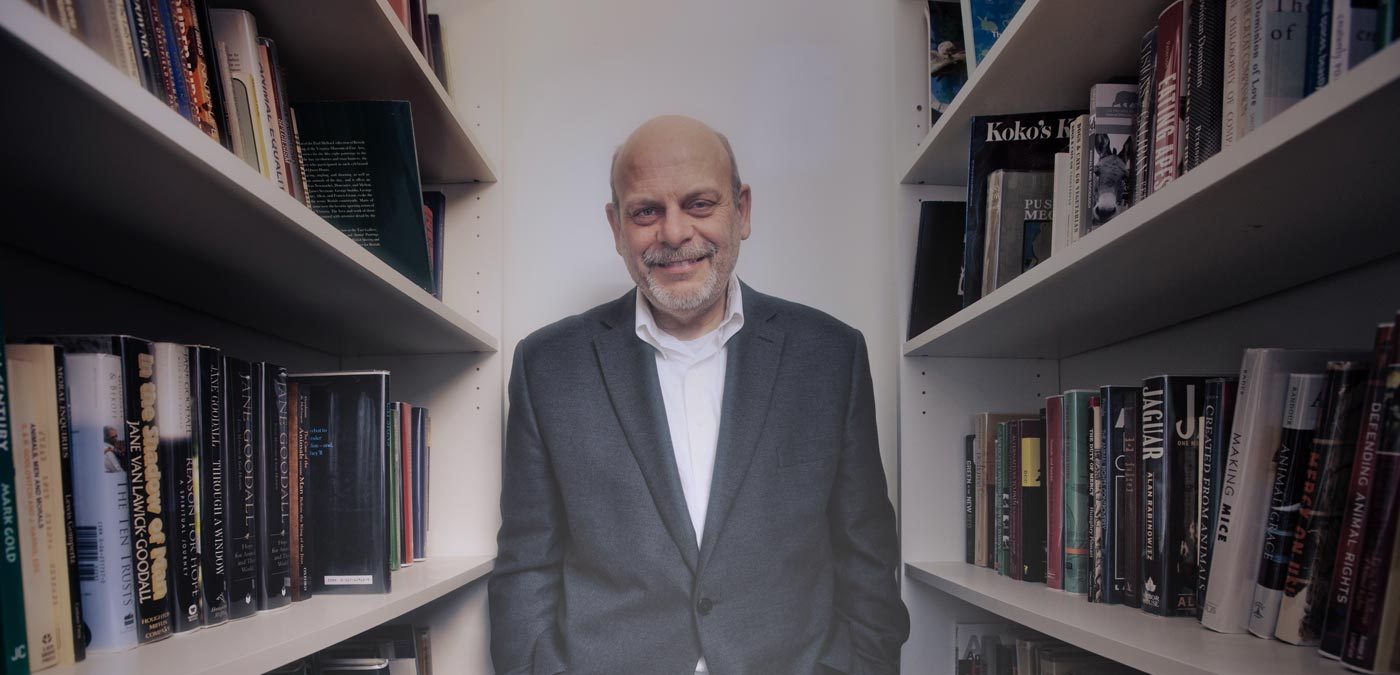Recommended Reading: A Hole in the World by Naomi Klein
Published in The Guardian on June 19 I have only recently been able to catch up with reading this persuassvive criticism by Naomi Klein which frames the BP Gulf of Mexico oil spill in the context of a larger criticism of capitalism.
In the arc of human history, the notion that nature is a machine for us to re-engineer at will is a relatively recent conceit. In her ground-breaking 1980 book The Death of Nature, the environmental historian Carolyn Merchant reminded readers that up until the 1600s, the Earth was alive, usually taking the form of a mother. Europeans – like indigenous people the world over – believed the planet to be a living organism, full of life-giving powers but also wrathful tempers. There were, for this reason, strong taboos against actions that would deform and desecrate “the mother”, including mining. The metaphor changed with the unlocking of some (but by no means all) of nature’s mysteries during the scientific revolution of the 1600s. With nature now cast as a machine, devoid of mystery or divinity, its component parts could be dammed, extracted and remade with impunity. Nature still sometimes appeared as a woman, but one easily dominated and subdued. Sir Francis Bacon best encapsulated the new ethos when he wrote in the 1623 De dignitate et augmentis scientiarumthat nature is to be “put in constraint, moulded, and made as it were new by art and the hand of man”. Those words may as well have been BP’s corporate mission statement. Boldly inhabiting what the company called “the energy frontier”, it dabbled in synthesising methane-producing microbes and announced that “a new area of investigation” would be geoengineering. And of course it bragged that, at its Tiber prospect in the Gulf of Mexico, it now had “the deepest well ever drilled by the oil and gas industry” – as deep under the ocean floor as jets fly overhead.











